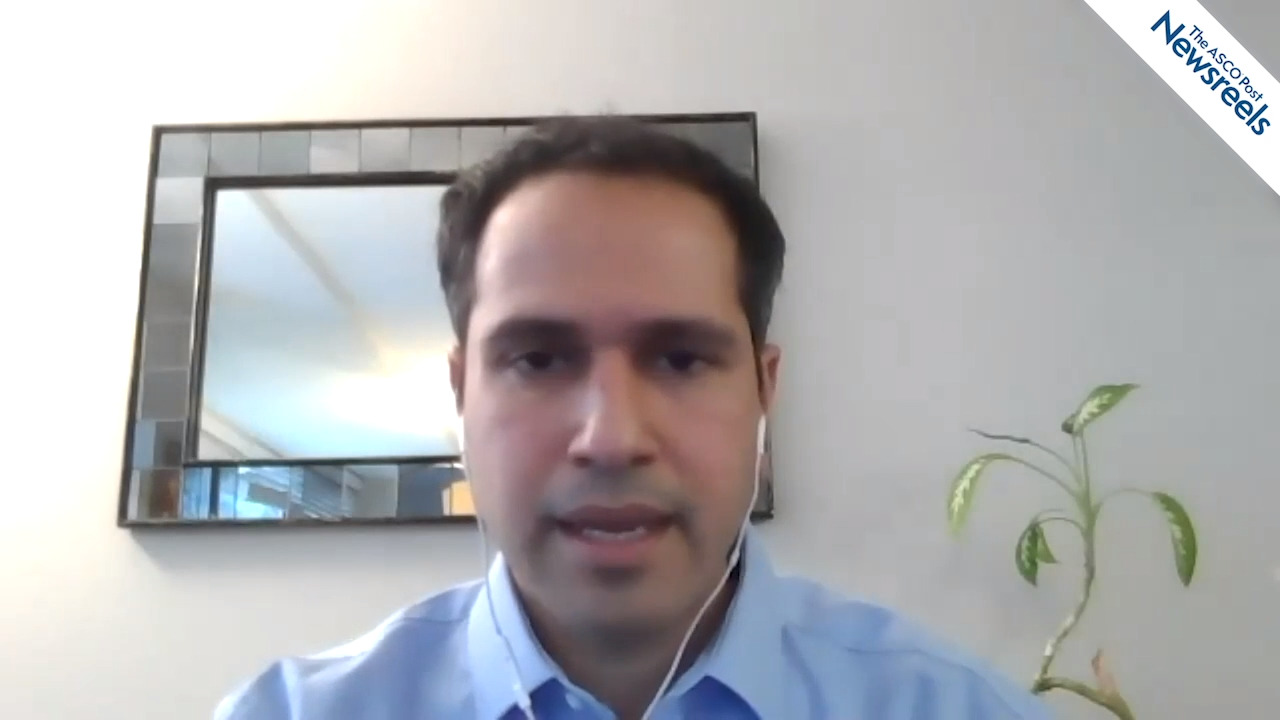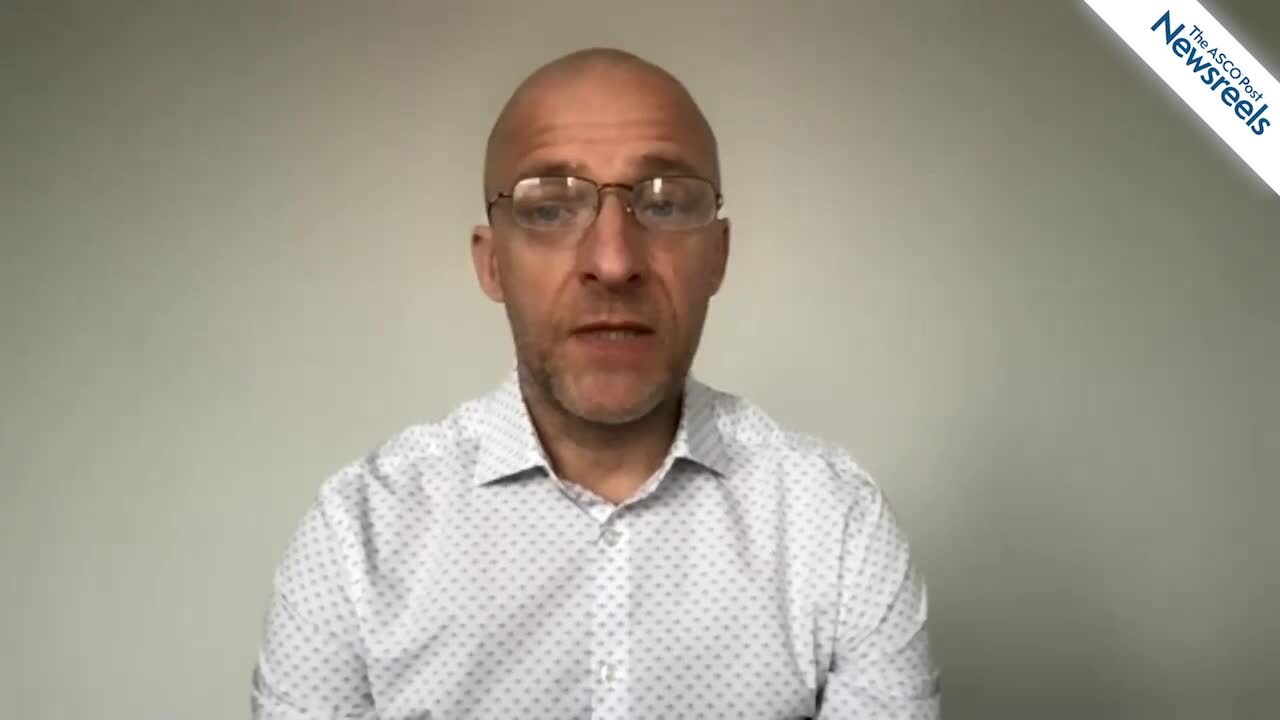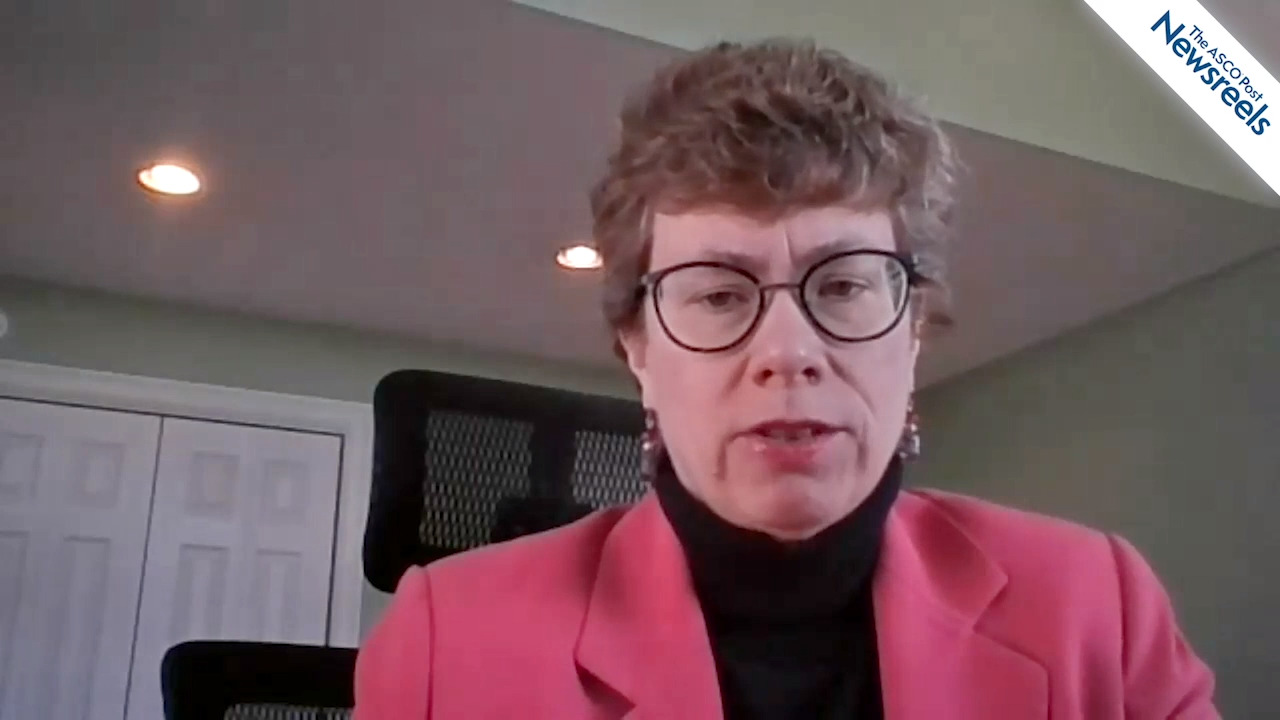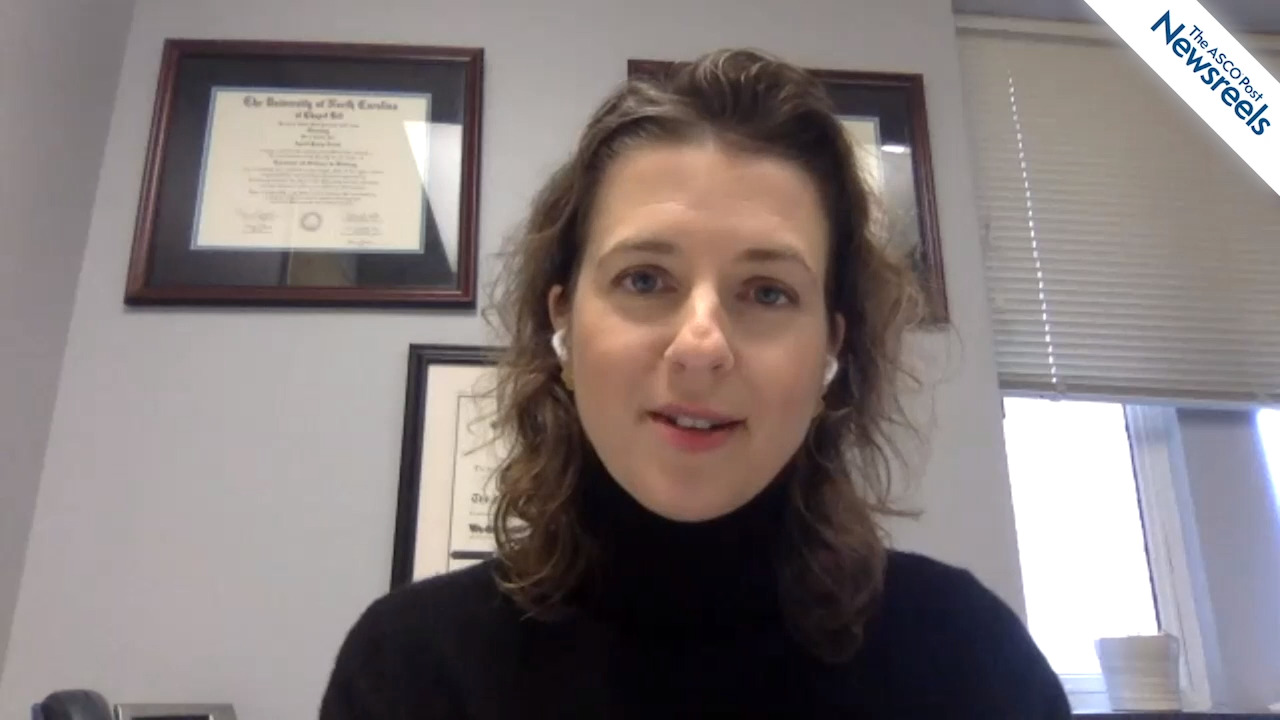Related Videos
Shivan J. Mehta, MD, MBA, on Preventing and Controlling HPV-Associated Cancers
Shivan J. Mehta, MD, MBA, of Abramson Cancer Center at the University of Pennsylvania, discusses how insights from behavioral economics could be harnessed to improve HPV vaccination rates, thus lowering the rate of cervical, genital, and head/neck cancers, all of which are linked to HPV.
Robert Winn, MD, on Strategies for Reducing Racial Disparities in Oncology
Robert Winn, MD, of the Virginia Commonwealth University Massey Cancer Center, discusses the creation of a health equity report card to track how institutions are dealing with disparities in oncology care, ways to recognize bias in care, and adding health equity experts to guideline panels and other advisory groups.
Eric Jonasch, MD, on Hereditary Renal Cell Carcinoma: Screening, Diagnosis, and Management
Eric Jonasch, MD, of The University of Texas MD Anderson Cancer Center, discusses the several hereditary renal cell cancer syndromes, the importance of surveillance for both renal and nonrenal manifestations, and the treatment options available.
Jennifer R. Brown, MD, PhD, on Managing Chronic Lymphocytic Leukemia/Small Lymphocytic Lymphoma
Jennifer R. Brown, MD, PhD, of Dana-Farber Cancer Institute, discusses treatment choices for patients with relapsed or refractory CLL/SLL, when to stop therapy due to adverse events, BTK inhibitors and their second-generation counterparts, the need for ways to manage disease progression on novel drugs, and minimal residual disease as a predictor of response.
April K. Salama, MD, on Managing Melanoma Brain Metastases
April K. Salama, MD, of Duke Cancer Institute, discusses the shift in recent years, as more effective therapies have become available, toward integrating systemic upfront treatment of patients with brain metastases from cutaneous melanoma; pivotal studies that have provided key data; and the need for a multidisciplinary approach incorporating medical, surgical, and radiation oncology.





